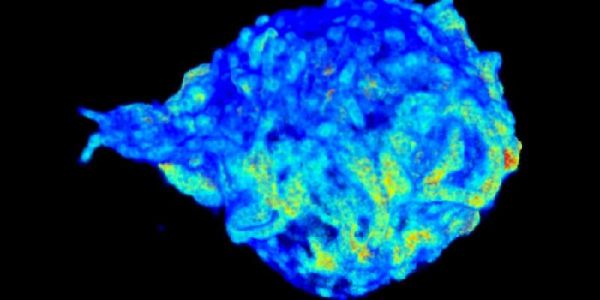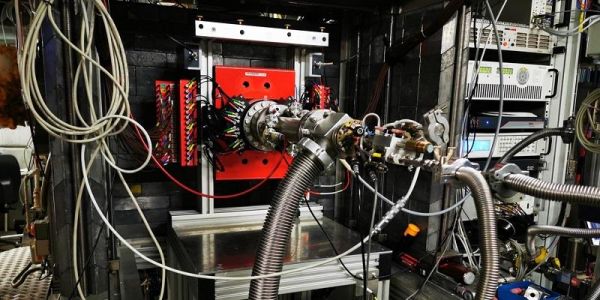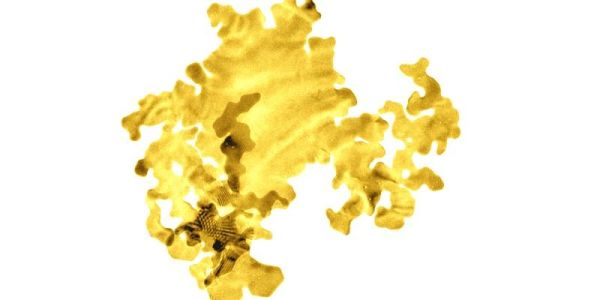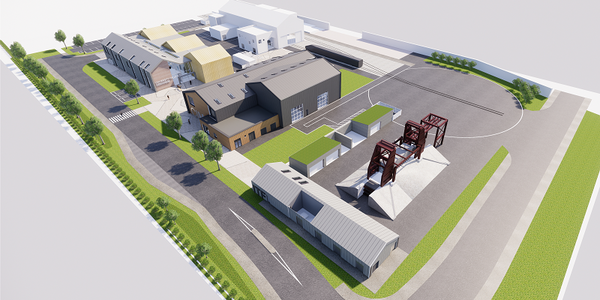
Decent living for all does not have to cost the Earth
Global energy consumption in 2050 could be reduced to the levels of the 1960s and still provide a decent standard of living for a population three times larger, according to a new study.

Global energy consumption in 2050 could be reduced to the levels of the 1960s and still provide a decent standard of living for a population three times larger, according to a new study.

Visualising how molecules move in cells or interact with drugs will be possible with one of the world’s most advanced imaging centres being developed at the University.

A major new interdisciplinary research centre has been launched with the aim of putting Leeds at the forefront of global efforts to tackle cancer.

Scientists have made a breakthrough in the development of a new generation of electronics that will require less power and generate less heat.

Scientists working at the frontier of nanotechnology face huge challenges.

The University is to be part of two supercomputing centres - to boost the ability of researchers to make major scientific breaththroughs.

Scientists and engineers have created the first electrically-driven ‘topological’ laser, which has the ability to route light particles around corners.

A University of Leeds spin-out which is pioneering a new way to make toughened glass for mobile phone screens and wearable devices has secured £600,000 to prove the benefits of its technology.

Scientists at the University of Leeds have created a new form of gold which is just two atoms thick – the thinnest unsupported gold ever created.

The Government has confirmed funding for the University to create one of the most advanced conventional and high speed rail research facilities in the world.